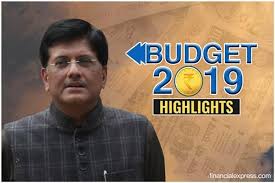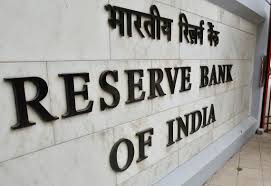 Markets regulator SEBI is learnt to be in process of creating a new category of Alternative Investment Funds(AIFs) to encourage long-term funds to use the AIF route to invest in the listed space.
Markets regulator SEBI is learnt to be in process of creating a new category of Alternative Investment Funds(AIFs) to encourage long-term funds to use the AIF route to invest in the listed space.
Sources privy to the development said the Securities and Exchange Board of India (SEBI) will reclassify the existing category III into two groups – one comprising long-term funds like pension funds and the other consisting of hedge funds and other arbitrage funds who look to invest on a short-term basis.
Further, SEBI is also expected to consult the government in providing a ‘pass through’ status to the new category of AIF on par with Category I and Category II AIFs. According to legal experts, this categorisation would help the long-term overseas funds to receive a favourable tax treatment in the AIF space as currently they are taxed on par with arbitrage funds.
As per the current tax regulations, any investments made in listed companies which are held for more than 12 months are termed long-term investments, while others are called short-term investments. Capital gains tax is applicable only for short-term investments and investors needn’t pay any capital gains tax in case of long-term holding.
However, if a fund invests in the listed space through the AIF route, irrespective of the nature of holding, the investor would be taxed at uniform slab applicable for category III AIFs.
“Current SEBI AIF regulations are like one size fits all. Category III AIFs comprise several types of short-term and long-term funds and the purpose of each of them is different. However, the tax they are paying is the same. Long-term funds would rather take the direct route or would invest via P-notes instead of AIFs,” said a lawyer.
These measures are a part of efforts made by SEBI and union government to promote AIFs. During the union budget 2015, the government had provided pass-through status for Category I and Category II AIFs. Last November, the government had allowed foreign funds to invest in AIFs through the direct route.
In the last two years, inflows into AIFs have witnessed a significant increase. According to a SEBI data, cumulative funds raised via the AIFs as on March 31, 2016 was `22,691.18 crore — a fourfold increase compared to `5,847.5 in Q2FY15.
According to Jay Gandhi, Partner at Shardul Amarchand Mangaldas, the SEBI AIF regulations have found great traction in the market in a relatively short period of time. “The AIF regulations have permitted investment managers great flexibility in structuring various kind of fund structures targeted at specific segments of the investor community,” Gandhi said.





